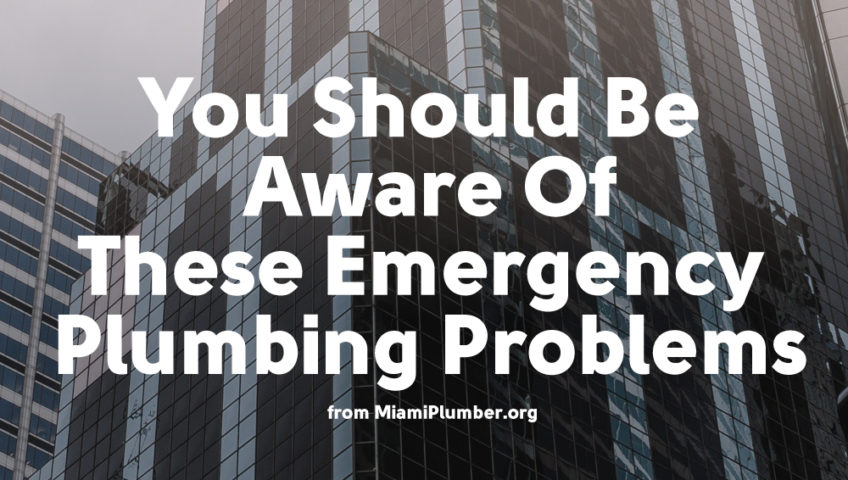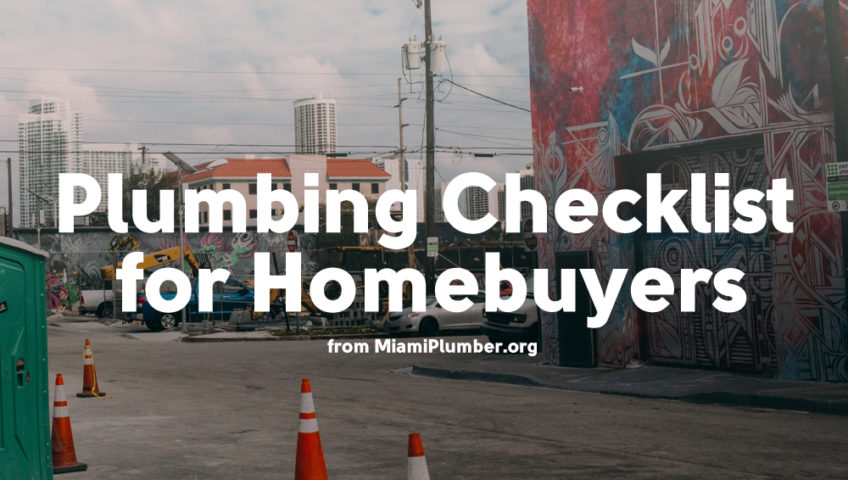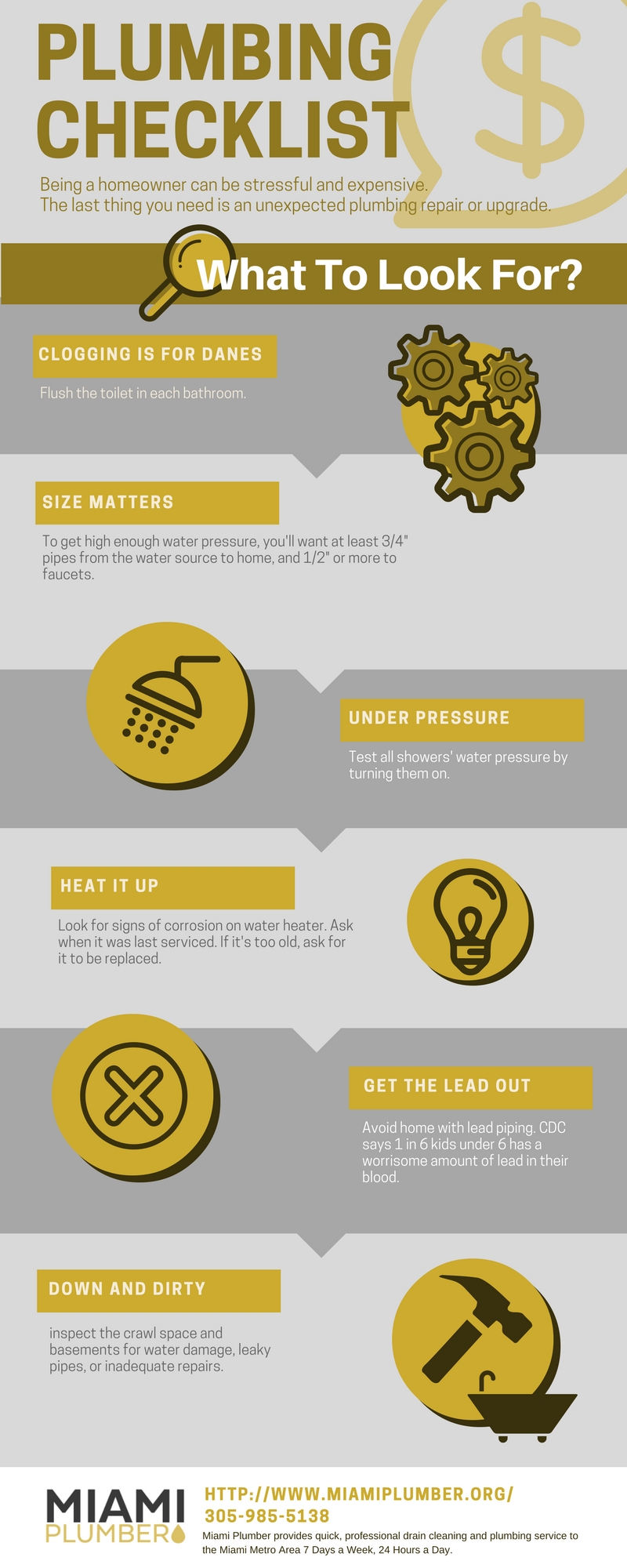Having a water leak in your home can be a potential disaster if not found in time. Finding the leak as soon as possible is crucial and can save you loads of money if found before more damage occurs. Detecting the source of your leak is not always easy, so if you notice any of the following signs, you should consider contacting a plumber immediately.
Use common sense
Waiting until the situation gets worse can create a real mess. For this reason, it is imperative that you call in a professional to make repairs as soon as you suspect a leak anywhere in your home plumbing system.
Your plumbing system could be on its last leg if your home is 25 or more years old. Therefore, you should check all accessible connections, including washing machine valves and hoses, pumps, and your water heater. Look for oxidation or discoloration as these are signs of a slow leak.
Make it a habit of frequently checking under basins and in the back of cabinets for any foul smells or signs of mold that could indicate you have a leak: immediate attention can save you thousands of dollars in repairs. It is wise to have a professional plumber inspect your home annually to check for leaks or potential problems.
Check the exterior of your home for leaks
Remember, leaks don’t just occur inside of your home – they can happen outside of your home as well. One way to check for exterior leaks is to attach a garden hose to your outside spigots. If while the hose is running, you notice water seeping through the connection, check to see that the connection is screwed tightly. If this does not solve the problem, try replacing the rubber hose gasket. Having a professional check your irrigation system once a year is an excellent way to be proactive. Even a small leak can waste 6,300 gallons of water per month.
The food coloring trick
Check your toilets to make sure they’re running properly. Up to 30 percent of your water use is tied to your toilet. When testing for leaks, just throw a few drops of food coloring into the tank of your toilet then wait 10 minutes. If you notice the color showing up in your toilet bowl, then you have a leak which is causing water to flow from your tank to your drain even without flushing the bowl.
Keep an eye out for extreme changes to your bill
If you haven’t changed your water use habits, yet you notice your bill is consistently rising, you probably have a leak. Compare some of your previous bills with your new statement and check to see if there’s an increase. On average, most water bills fall within the same range month to month. Don’t forget that some of your pipes are probably underground. This can make it hard to detect a leak so a change in your water bill may be a signal it’s time to have it checked by a professional plumber. If you hear water running or feel a warm spot on the floor, call your plumber immediately.
Look at your usage
To check if a leak is happening somewhere in your home, the EPA suggests checking your water usage during the winter. A typical family of four uses no more than 12,000 gallons of water per month. If your usage exceeds that amount, then you probably have a severe leak in your plumbing system.
And of course, check your water meter
The most common way to determine if you have a leak somewhere in your plumbing system is to check the water meter. First, you’ll have to shut off all the water in your home. Make sure that all of your faucets are turned off and that your washing machine and dishwasher are not running. Next, watch the meter and see if you notice it changing. If it does change, you probably have a quick-moving leak. If there is no immediate change in the meter, check it again in two hours. If despite the fact that all the water is off yet it still changes, you are probably dealing with a slow leak. It could be underground or anywhere after the meter. It is the homeowner’s responsibility to check that all piping after the meter is good.
Need some professional guidance?
Your local Miami Plumber is always available to help. Just give us a call and we’ll find the leak and repair it quickly and efficiently.







